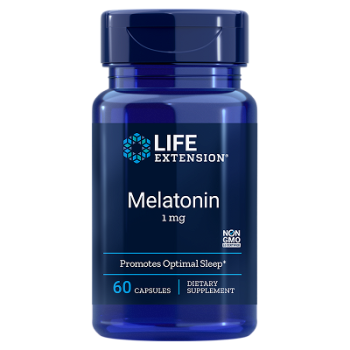What is circadian rhythm?
Circadian rhythm is a natural, internal biological process that regulates the sleep-wake cycle and other physiological processes in living organisms. We can think of it as our “internal clock” because it helps synchronize bodily functions with the 24-hour day-night cycle.
Why is a healthy circadian rhythm so important?
The circadian rhythm affects numerous physiological processes, including hormone production, body temperature regulation, metabolism, and sleep patterns. It influences alertness, cognitive performance and mood. It’s crucial in helping us regain energy lost from performing daily activities.
Researchers are discovering a new role for circadian rhythm to help foster longevity, to promote a longer and healthier life.
If our circadian rhythm is disrupted (for example, due to jet lag or shift work), it can lead to various health issues, including sleep disorders, mood disturbances, and increased risk of chronic conditions like obesity, diabetes, cardiovascular disease and premature aging.
How does it work?
Circadian clocks are composed of central and peripheral clocks, which work in coordination. The central clock is located in the brain (in hypothalamus). This clock operates on a roughly 24-hour cycle and is influenced by external cues, such as daylight.
In addition to the central clock in the brain, each of our cells in various organs contain a peripheral clock that takes its orders from the central clock. These peripheral clocks help regulate how our body functions, including our metabolism and myriad biochemical pathways.
What can negatively affect the circadian rhythm?
Here are the most common lifestyle factors which disrupt our biological clock and may lead to various health problems:
- Irregular sleep patterns (due to jet lag, frequently changing work shifts)
- Exposure to artificial light at night, especially blue light emitted by electronic devices like smartphones, tablets, and computers – before bedtime it can suppress the release of melatonin, a hormone that helps regulate sleep-wake cycles.
- Chronic stress: stress hormones like cortisol can interfere with the sleep-wake cycle, making it difficult to fall asleep or stay asleep.
- Certain medications and substances (caffeine and nicotine can disrupt sleep patterns if consumed too close to bedtime).
- Environmental factors: noise, temperature, and other environmental factors can disturb sleep and disrupt the circadian rhythm.
How can we maintain a healthy circadian rhythm?
The most important thing to keep our biological circadian clock working properly, is try to avoid all those factors that negatively affect it.
Recent scientific studies have also shown that certain substances can help optimize our natural circadian rhythms.
Hormone melatonin plays a critical role in keeping the biological clock in sync with the environment and can restore our circadian rhythms through healthful sleep. Melatonin also increases production of the longevity-promoting protein SIRT1.
New research indicates that nobiletin, derived from citrus peels, regulates peripheral clocks, fostering natural circadian rhythm. Nobiletin enhances overall brain and body function by promoting sleep and relaxation.
Choose food supplements containing melatonin and nobiletin to promote a healthy circadian rhythm, which is crucial for an optimal sleep-wake cycle, overall well-being and longevity.
Source: Life Extension Europe

